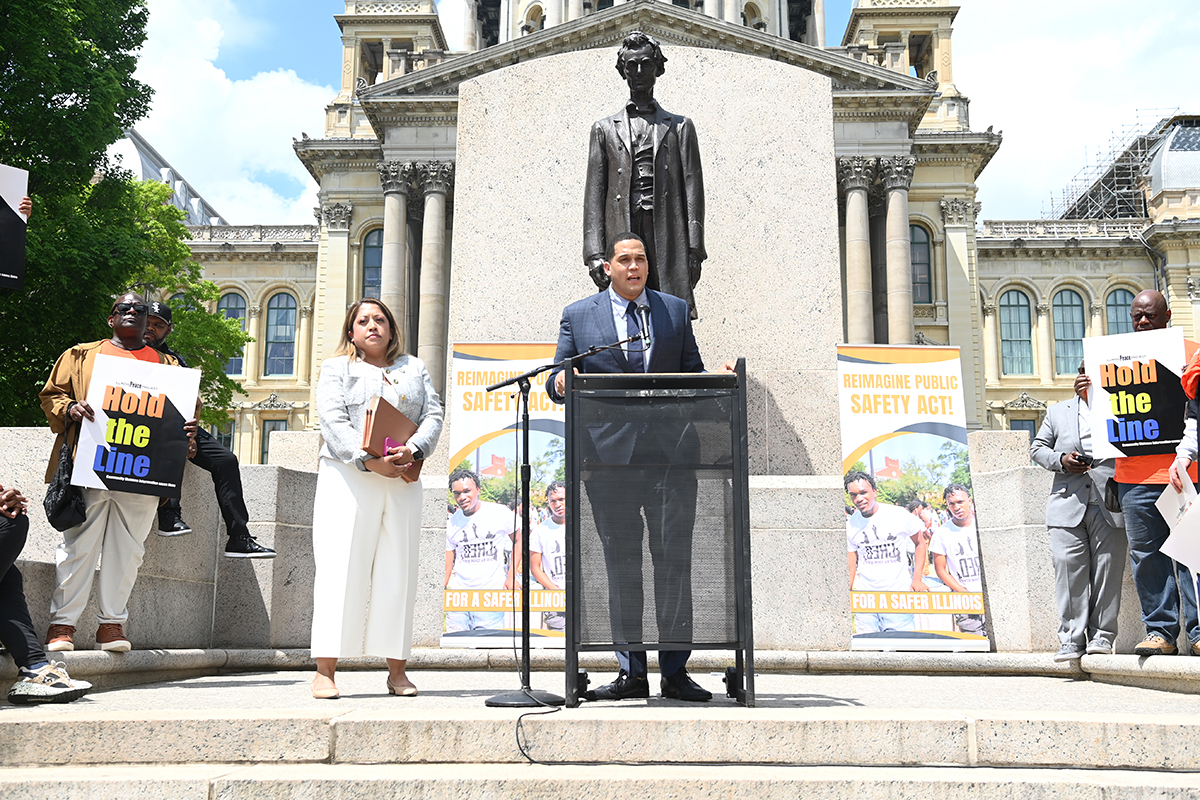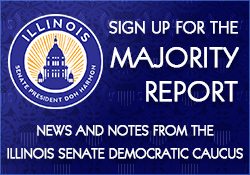
SPRINGFIELD — Community violence prevention programs save lives, but to be effective, they need long-term support and flexibility. Thanks to a new law from State Senator Robert Peters, efforts to curb firearm violence in the state are holding strong by giving organizations more time to access critical resources and improving the way the state coordinates its response.
“We must empower community violence prevention programs with the tools they need to focus on their core mission: saving lives and creating safer areas for our residents to live,” said Peters (D-Chicago). “This law continues the momentum we’ve been building to address the root causes of firearm violence and invest in prevention and intervention.”
Peters’ law makes several updates to Illinois’ approach to violence prevention. First, it allows the Office of Firearm Violence Prevention to submit its annual report on an ongoing basis, rather than being locked into a rigid deadline, guaranteeing lawmakers and communities receive the most relevant data. It also extends the filing deadline for non-Medicaid-certified Reimagine Public Safety Act grantees that provide behavioral health services, giving them additional time to obtain certification. Additionally, it delays the awarding of grants by one year, giving applicants time to establish services that are vital for long-term success.
For frontline organizations working to prevent violence, the law allows more stability and a stronger foundation to continue their life-saving work. By removing unnecessary hurdles and making sure support reaches the communities that need it most, Peters’ law ensures Illinois’ most vulnerable neighborhoods have the resources to reduce violence and build safer futures.
“By improving state coordination and expanding access to grants, we’re empowering violence prevention programs with a data-driven, sustainable approach to preventing gun violence – ensuring our residents feel safe in their communities no matter where in the state they live,” said Peters.
Senate Bill 2280 was signed into law Friday. It goes into effect Jan. 1, 2026.













 © 2026 Illinois Senate Democratic Caucus
© 2026 Illinois Senate Democratic Caucus